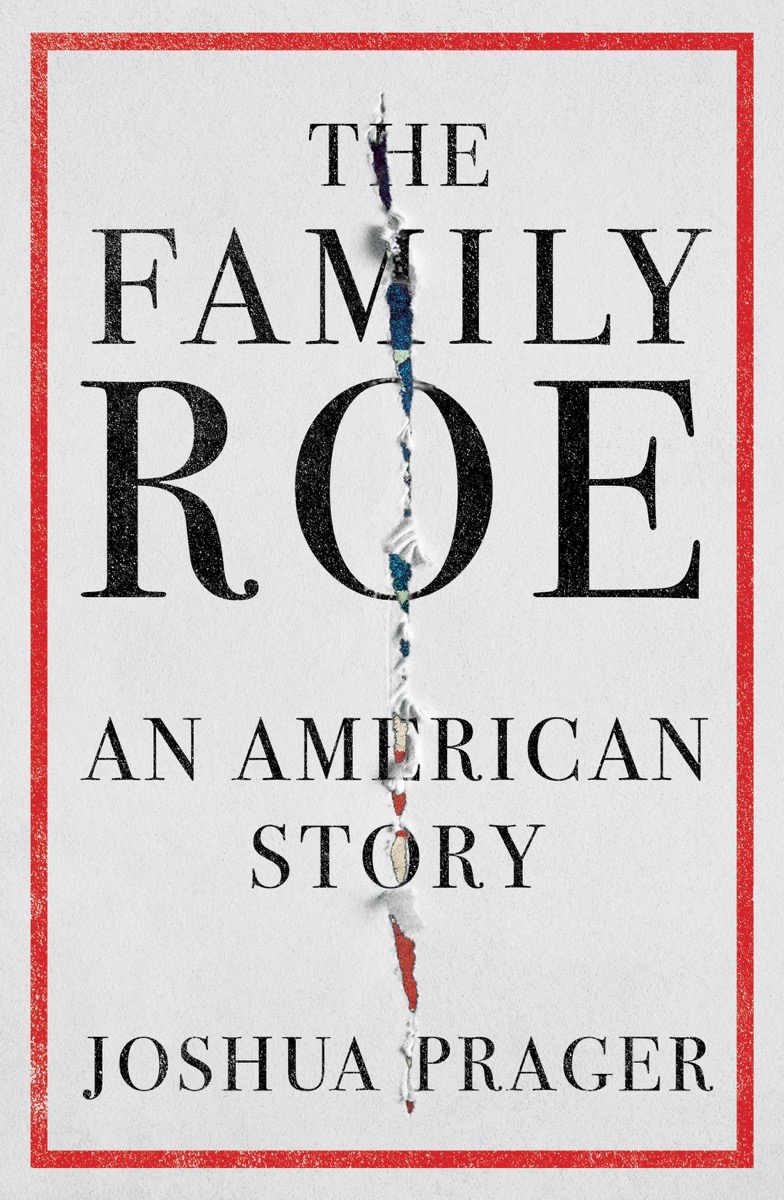In his new book, The Family Roe, Joshua Prager sifts through the many stories McCorvey told about herself, up to her death in 2017. Over more than a decade, Prager unraveled the details of McCorvey’s life, drawing on her personal records and his own interviews, and tracing her struggles with depression and substance abuse, with poverty and a difficult family, and with being gay in the conservative South, as well as the influence of the pro-choice and pro-life activists who wanted to claim her as a prize. As Prager reveals, much of what she said about her life was self-serving, riddled with exaggerations and lies. All too happy to accept a role in the great abortion morality play, she stubbornly refused to stick to the script.
Prager’s book is not just a biography but also political history. The Family Roe traces the rise of abortion in America, both before Roe v. Wade and after, as well as the backlash to the 1973 decision. In the process, he writes intimately about major figures on both sides of the fight, centering the story on three Texans—McCorvey; Mildred Jefferson, a star of the anti-abortion movement; and Curtis Boyd, a doctor who opened and still operates abortion clinics in Texas and New Mexico.
Their stories are of interest in large part because the battles they fought are still ongoing. The pro-life backlash to Roe began almost immediately after the 1973 decision and has been gaining ground ever since. In September, a law banning abortions after six weeks went into effect in Texas, unchallenged by the Supreme Court. On December 1, the court will hear a case challenging the repeal of a Mississippi law banning abortion at 15 weeks; the state is asking the court to overturn its earlier ruling and abolish federally protected abortion rights. This year, over 200 members of Congress filed a brief asking the Supreme Court to strike down the decision. One way or another, for nearly half a century, we have been relitigating Roe. And yet, all this time, we have known little about the central figures who dedicated their lives to this fight.
Norma McCorvey did not set out to be a hero. In 1970, she contacted a lawyer named Henry McCluskey. She was pregnant for the third time, by a man she’d met playing pool, and didn’t want to be. Her first daughter, born when she was a teenager, was being raised by relatives. McCluskey had helped her place her second child in an adoptive home. Now, she wanted his help again, but not with an adoption. She wanted to have an abortion, but her doctor had told her he couldn’t help, because the procedure wasn’t legal.
